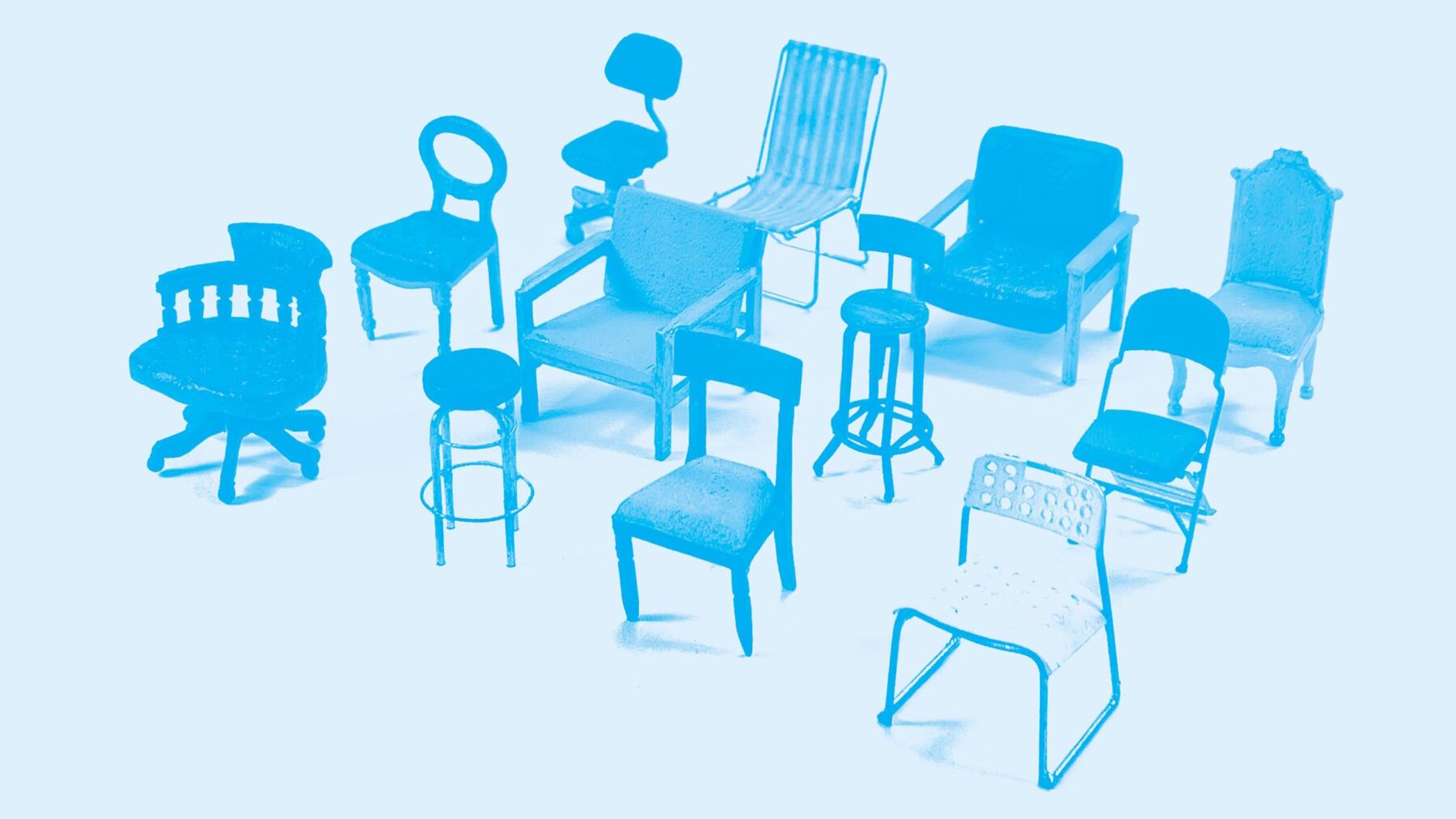Image Credit: Robert George Sander, Christmas Lights Panto Turner Contemporary
by Fiona Watt
Theatres and the communities they employ are facing escalating challenges on a daily basis and as an almost entirely freelance profession we personally feel that precarity acutely, with many of us falling through the gaps between all of the support provisions on offer as a result of COVID 19.
We are galvinising as a community as never before, trying to keep constantly apace and react appropriately to the anger and hurt that is unfolding.
We are sometimes in danger of feeling the responses we intend to make can only arrive at a social media pace.
The Society of British Theatre Designers has existed since 1976 and it exists now because designers have volunteered their time over decades to shine a light on the extraordinary work that we make and the circumstances we need to support us to make it.
When I first took on this role I would be regularly told that ‘ yes, but we are just so busy as designers, we don’t have time to get involved’, ‘ it’s always been like this’ and ‘ we work in isolation so we never really speak to other designers.’
In building our SBTD community over the past four years, I have set out to gently challenge all of these responses and make alternatives possible. It started very informally with Designers Drinks. The venue was free, I had enough budget to buy some packets of crisps for the table. Come along, buy your own drink and meet some other designers. Who knew if anyone would show up? I didn’t but it seemed to work and along with the free and open Facebook group our community started to build its voice through what I would refer to as ‘call and response.’
You post a question or a concern, your community responds and tries to help. We work together to see if we can build a resource out of this that will help other designers.
This new website is a manifestation of that ethos.
Our voice starts to build and grow through care for one another before any campaigning and lobbying can start to happen. All the campaigning in the world will make absolutely no difference if we don’t care for ourselves and each other first.
No contract in the world however robust will protect you unless you have confidence in your self worth.
But in the process we need to bust some assumptions, myths and structures that act as significant barriers to this profession being representative and inclusive.
This is where the campaigning starts and we can do that individually as well as collectively.
At our Regional Stages event in partnership with Derby Theatre and Derby University just before lockdown, our intergenerational community of practice welcomed student practitioners in an equal and open space. Our tables need to be round not long or too high to reach. We all have our part to play.
The voices of two young women at that event were particularly striking. One said ‘Why am I made to feel ashamed that I have to work part-time while I try to build my career? No-one in my family has done anything like this before’ and another who said ‘I have a disability. I don’t have the option of another job to support my practice.’
Black designers and designers of colour remain in a minority.
How can this be in the 21st century?
The Theatre Workforce Review commissioned by UK Theatre and SOLT evidences many of the reasons why so we have to make sure that this action plan is implemented and not, as with previous reports of this nature, left on a shelf somewhere to gather dust.
https://uktheatre.org/theatre-industry/guidance-reports-and-resources/theatre-workforce/
Our Value of Design research and campaign has taken nearly three years to date.
Recent victories that cannot be lost
We recently achieved all model box and assistant costs becoming the responsibility of the engager rather than the freelance designer in the UK Theatre and SOLT collective agreements. This significantly improves the percentage of the fee that remains with the designer and starts to build in financial support, awareness and visible for assistant designers (typically an early career, graduate opportunity) within theatre building cultures.
As we now start moving into negotiations about temporary COVID contractual arrangements we must stand firm to retain this contractual shift. It will support this cohort of graduates and those that follow after them as well as designers themselves who have struggled for years to support themselves and their families on what is left after all these expenses and overheads come out of their fees.
Invisibility
The profession of Designer currently has no distinction from Artist in Arts Council England’s search fields and categorisations – we are literally untraceable through the funding system unless we do it ourselves and ask designers to volunteer that information. It is vital that we change this.
Since submitting STAGING PLACES: TRANSPORT, TOILETS, TIME and MONEY a couple of weeks ago our world and our theatre landscapes have shifted still further.
We face very challenging times ahead but we will keep making the space to care.
Thank you to the incredible efforts of this wonderful group of SBTD designers who have worked alongside Rabbit Hole, our website developers to build this site.
Our Working Groups herald a new structure for SBTD and they are already starting to plan activities, events and training that will support your passions, interests and needs but they want to hear from you – the space is open, it’s yours to shape, please feel welcome and please join in…
Fiona,
Chair, Society of British Theatre Designers.


